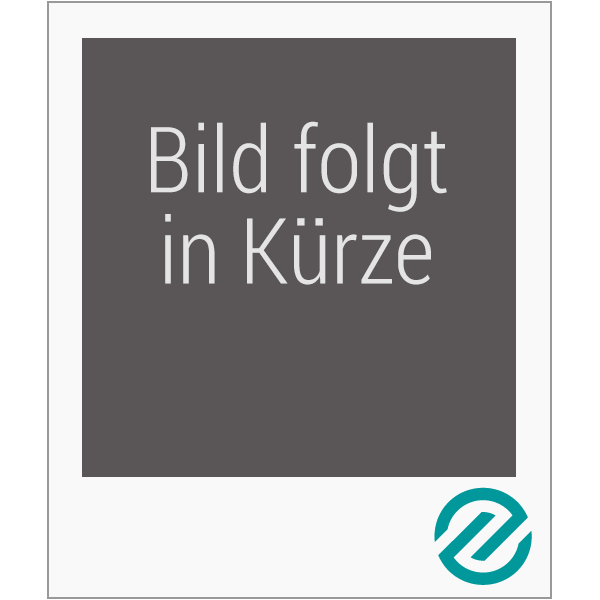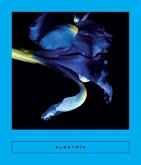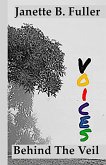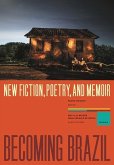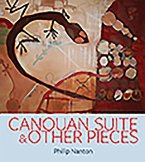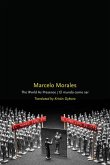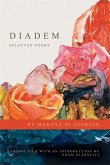One of Latin American's most important poets of the twentieth century, Juan Gelman (1930-2014) spent much of his life in exile from his native Argentina during the Dirty War. A significant, seldom-acknowledged portion of Gelman's poetry dealt with Jewish themes. He established a dialogue across time with Santa Teresa de Ávila and San Juan de la Cruz, the sixteenth-century Spanish mystical poets whose ancestry was Jewish. He rewrote poetic portions of the Bible as well as medieval Hebrew poetry. Gelman even taught himself Ladino, the language of Sephardic Jews, and wrote a volume of poems in it. In this bilingual volume, celebrated scholar Ilan Stavans retraces Gelman's admiration for these poetic ancestors, translating into English his Jewish oeuvre by carefully maintaining the Hebrew, Spanish, and Ladino echoes of the originals. The result is at once historically accurate and artistically exhilarating, repositioning Gelman as a major Jewish writer of the last century.

